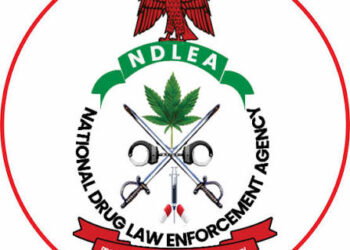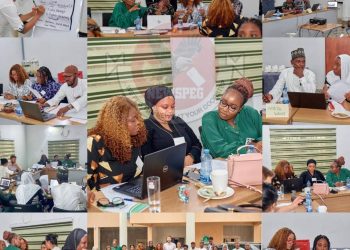CISLAC is pushing for transparency in the appointment of a Transaction Adviser to revive the Ajaokuta Steel Complex and National Iron Ore Mining Company. They’re urging the Ministry of Steel Development and the Bureau of Public Procurement to ensure strict transparency and adherence to the law in this process. Essentially, CISLAC wants to prevent any potential irregularities in the procurement process and guarantee that the selection is fair and accountable.
This call for transparency comes at a critical time, as the Nigerian government has recently signed a Memorandum of Understanding (MoU) with a Russian consortium to rehabilitate and complete the Ajaokuta Steel Plant and NIOMCO. CISLAC’s advocacy is crucial in ensuring that the interests of Nigerians are protected and that the revitalization of these companies benefits the nation as a whole.
Through two detailed letters signed by Executive Director Auwal Musa Rafsanjani, CISLAC is urging the Ministry of Steel Development and the Bureau of Public Procurement to ensure transparency and adherence to the law.
CISLAC, the Nigerian chapter of Transparency International, is especially concerned about the absence of clear, legally mandated evaluation criteria, an issue that threatens the selection’s integrity.
According to CISLAC, key areas of the Request for Proposal (RFP) lack crucial details, such as the assigned weights for quality and cost factors, violating Section 51(1) of the Procurement Act.
Rafsanjani emphasized that without disclosing technical scores prior to opening financial proposals, the selection process undermines fairness and contravenes Section 51(4) of the Act.
CISLAC also noted the absence of explicit evaluation criteria, cautioning that this omission risks arbitrary scoring and could create room for bias.
Moreover, CISLAC expressed alarm over the exclusion of the Infrastructure Concession Regulatory Commission (ICRC) from this process, a move that, in CISLAC’s view, infringes on the ICRC Act, 2005, and statutory mandates for public-private partnerships.
This exclusion, the organization warned, raises both legal and transparency concerns, especially for a project carrying such high stakes.
Further more, CISLAC underscored the role of Civil Society Organizations (CSOs) in observing procurement processes to safeguard public interest.
Rafsanjani highlighted that Section 57 of the Act mandates transparent disclosure of conflicts of interest, a key safeguard for impartiality in such critical decisions. Additionally, the letter pointed to possible breaches of the Fiscal Responsibility Act, ministerial oversight duties, and ethics standards, which are crucial in maintaining the fairness of this process.
With federal investment in ASCL and NIOMCO exceeding $7 billion over four decades without substantial outcomes, CISLAC insists that Nigeria must avoid repeating past mistakes.














